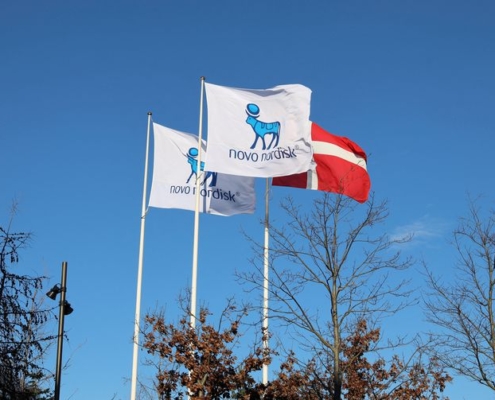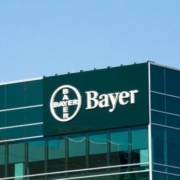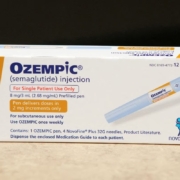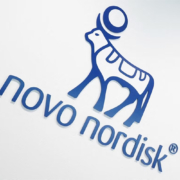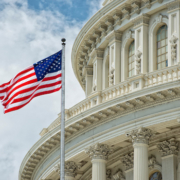Looming obesity drug rivalry not a concern for Novo CEO
Looming obesity drug rivalry not a concern for Novo CEO
By Natalie Grover and Maggie Fick
LONDON, Nov 15 (Reuters) – The benefits of obesity drugs such as Novo Nordisk’s Wegovy on healthcare systems in countries such as the United States are so significant that the expected entry of rival drugs will not hurt its margins, CEO Lars Jorgensen told Reuters on Tuesday.
The Danish drugmaker (NOVOb.CO) raised its full-year earnings outlook earlier this month, after reporting better-than-expected quarterly profit driven by strong sales of its diabetes treatment Ozempic.
The main active ingredient in Ozempic is semaglutide, which is also the key ingredient in Novo’s obesity drug Wegovy. The drugs belong to a family of medicines known as GLP-1 analogues that are designed to regulate hunger.
Much of Novo’s growth aspirations are riding on its weekly injection Wegovy, which won U.S. approval as a weight-loss therapy in 2021.
Pharmaceutical companies must often convince doctors to use many of their drugs, and doctors in turn must convince patients, but patients are clamouring for the weight-loss benefits of Novo’s drugs, Jorgensen said in an interview.
Novo is the market leader in a rapidly growing area: the use of medicines – as opposed to dieting or exercising alone – to lose weight.
Several less efficacious obesity drugs from multiple drugmakers have previously been approved, but bungled launches and serious side effects led to tepid sales and even some market withdrawals.
Wealthy nations are grappling with skyrocketing rates of obesity and related conditions such as type 2 diabetes and heart disease.
Nearly 42% of U.S. adults are considered obese, according to figures cited by the U.S. Centers for Disease Control & Prevention, which estimated the annual medical cost of obesity in the United States was nearly $173 billion in 2019 dollars.
The long-term benefits of anti-obesity medicines on healthcare system budgets and even employment levels are such that if and when rival drugs hit the market, there will be no need to “cut margins or compete on price”, Jorgensen said.
Novo faces looming competition from Eli Lilly (LLY.N), whose weekly injection Mounjaro won U.S. approval for type 2 diabetes in May and is under fast-track review as a weight-loss drug.
Clinical data has shown patients can lose roughly 15% to 20% of body weight, depending on the drug, prompting analysts to predict they will generate billions in sales.
Amgen (AMGN.O) also has an early-stage, once-monthly obesity drug that is being keenly watched.
Meanwhile, supply problems have plagued Wegovy’s U.S. launch, leaving the company unable to meet substantial demand, although it is working on boosting manufacturing capacity.
Analysts have also speculated that Ozempic demand is partly driven by prescriptions to non-diabetic patients seeking to lose weight, which is outside the drug’s approved indication.
Elon Musk, the world’s richest person and now Twitter owner, has offered his own endorsement of the weight-loss benefits of semaglutide on the social media website.
Jorgensen said Novo could not really control off-label use of Ozempic, but that the company was engaging with authorities and patient groups to promote the approved use of the drug.
Inflation Reduction Act
In a rare legislative defeat for the pharmaceutical industry in the United States, the Inflation Reduction Act (IRA) passed in August included provisions to tackle the rising cost of medicines, setting a precedent for curbing drug prices in the world’s most lucrative drug market.
In the first nine months of 2022, U.S. drug sales accounted nearly 46.5% of Novo’s total revenue. At least three Novo products will face price negotiations in 2028 and beyond, Cowen analysts wrote in a note on Tuesday.
Jorgensen echoed commentary from other drugmakers, saying the IRA made the U.S. market less attractive, and could result in drugmakers opting not to pursue developing certain medicines, but that Novo was “not there yet”.
($1 = 7.1481 Danish crowns)
Our Standards: The Thomson Reuters Trust Principles.
Source: Reuters

